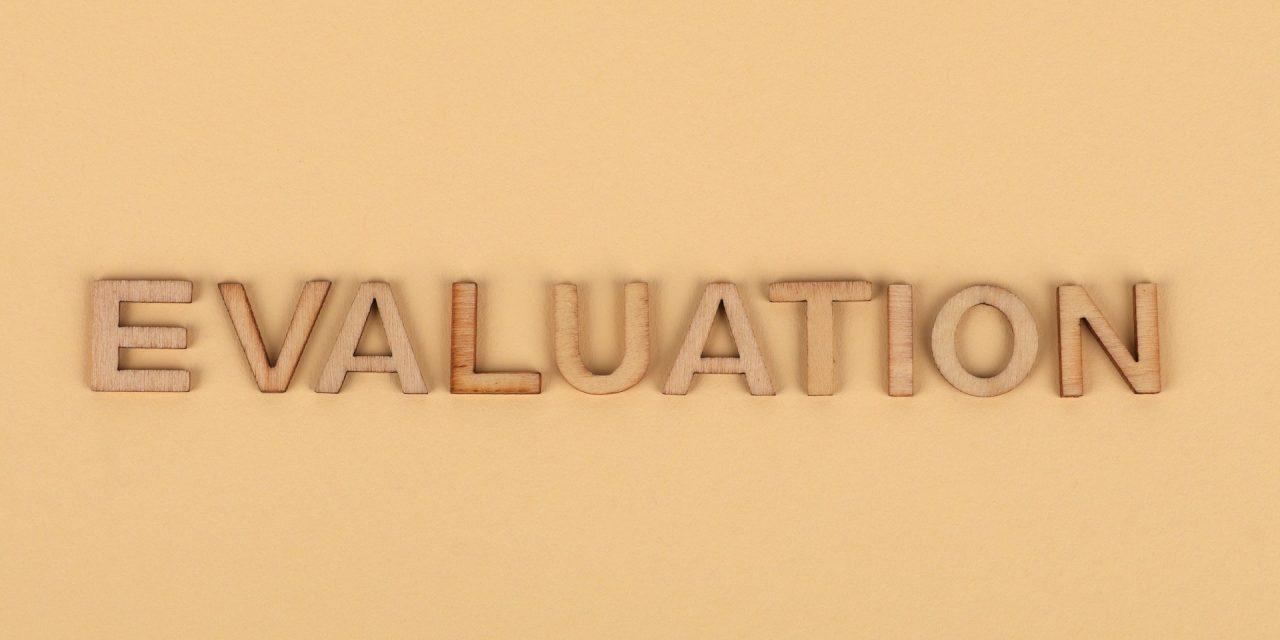In today’s globalized economy, businesses rely on a network of suppliers to provide goods and services that drive their operations. The quality, reliability, and ethical practices of these suppliers directly impact a company’s reputation and success. To ensure seamless supply chain management and maintain high standards, supplier evaluation and audits play a crucial role. In this article, we delve into the significance of supplier evaluation and audits, their benefits, and best practices for successful implementation.
Why Supplier Evaluation Matters
Supplier evaluation is the process of assessing potential and existing suppliers to determine their capability, performance, and adherence to set standards. Proper supplier evaluation is essential for several reasons:
- Quality Assurance: By evaluating suppliers, businesses can ensure that the products and services they receive meet stringent quality standards, reducing the risk of defects and customer complaints.
- Risk Mitigation: Identifying potential risks associated with suppliers, such as financial instability or non-compliance with regulations, enables proactive risk management and contingency planning.
- Cost Optimization: Supplier evaluation allows businesses to select suppliers that offer competitive pricing without compromising on quality, helping them achieve cost-effectiveness.
- Ethical Practices: Businesses increasingly emphasize ethical sourcing. Supplier evaluation ensures that suppliers align with social and environmental responsibility practices, promoting sustainability.
Conducting Supplier Audits
Supplier audits are systematic assessments carried out to verify a supplier’s compliance with established criteria and standards. The audit process involves several steps:
- Define Audit Scope: Identify the specific areas to assess, such as quality management systems, production processes, working conditions, or environmental practices.
- Plan the Audit: Prepare an audit plan outlining the objectives, scope, resources required, and the audit team’s responsibilities.
- Conduct On-Site Audit: Visit the supplier’s facility and gather relevant data through interviews, document reviews, and observations.
- Evaluate Findings: Compare the supplier’s performance against predefined criteria and identify areas of improvement.
- Provide Feedback and Follow-Up: Share the audit findings with the supplier, offer recommendations for improvement, and track their progress during follow-up audits.
Benefits of Supplier Audits
Supplier audits yield several benefits that directly impact a business’s success:
- Improved Quality: Audits ensure that suppliers adhere to quality management processes, resulting in consistent, high-quality products.
- Supply Chain Transparency: Audits provide insights into the supplier’s practices, promoting transparency in the supply chain.
- Risk Identification and Mitigation: Audits help identify potential risks and non-compliance issues, allowing businesses to take proactive measures to mitigate them.
- Enhanced Supplier Relationships: Collaborative audits build trust and foster stronger relationships between businesses and suppliers.
Best Practices for Supplier Evaluation & Audits
- Clearly Defined Criteria: Establish clear evaluation criteria and audit standards aligned with industry regulations and company requirements.
- Regular Audits: Conduct regular audits to monitor supplier performance and ensure ongoing compliance.
- Collaboration: Involve key stakeholders, suppliers, and internal teams in the evaluation and audit process to gain comprehensive insights.
- Continuous Improvement: Encourage suppliers to implement corrective actions and improvements based on audit findings.





